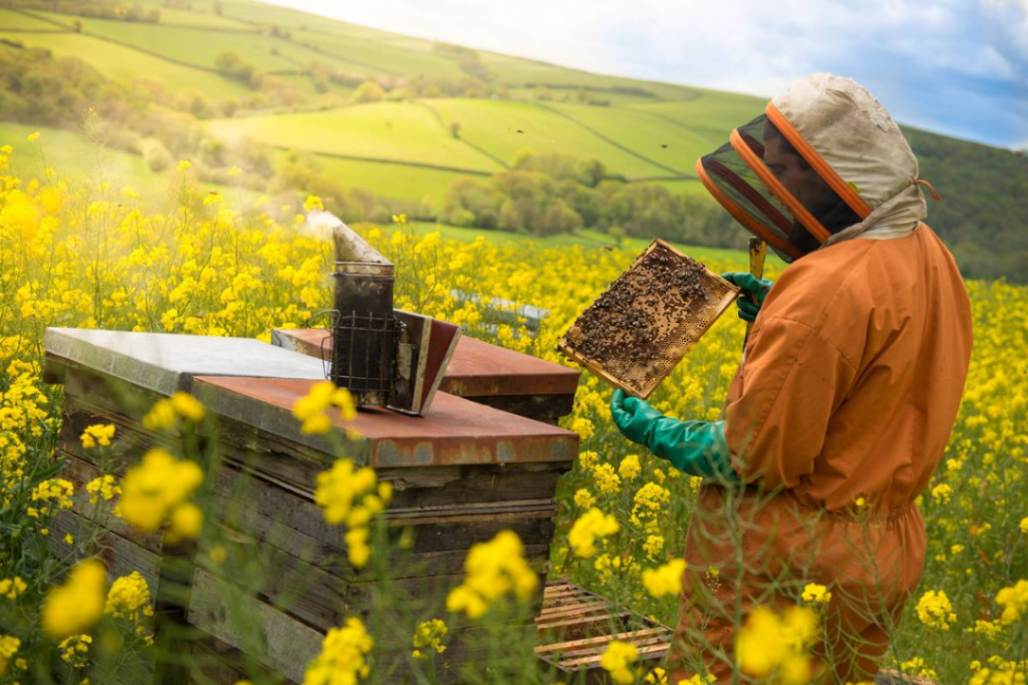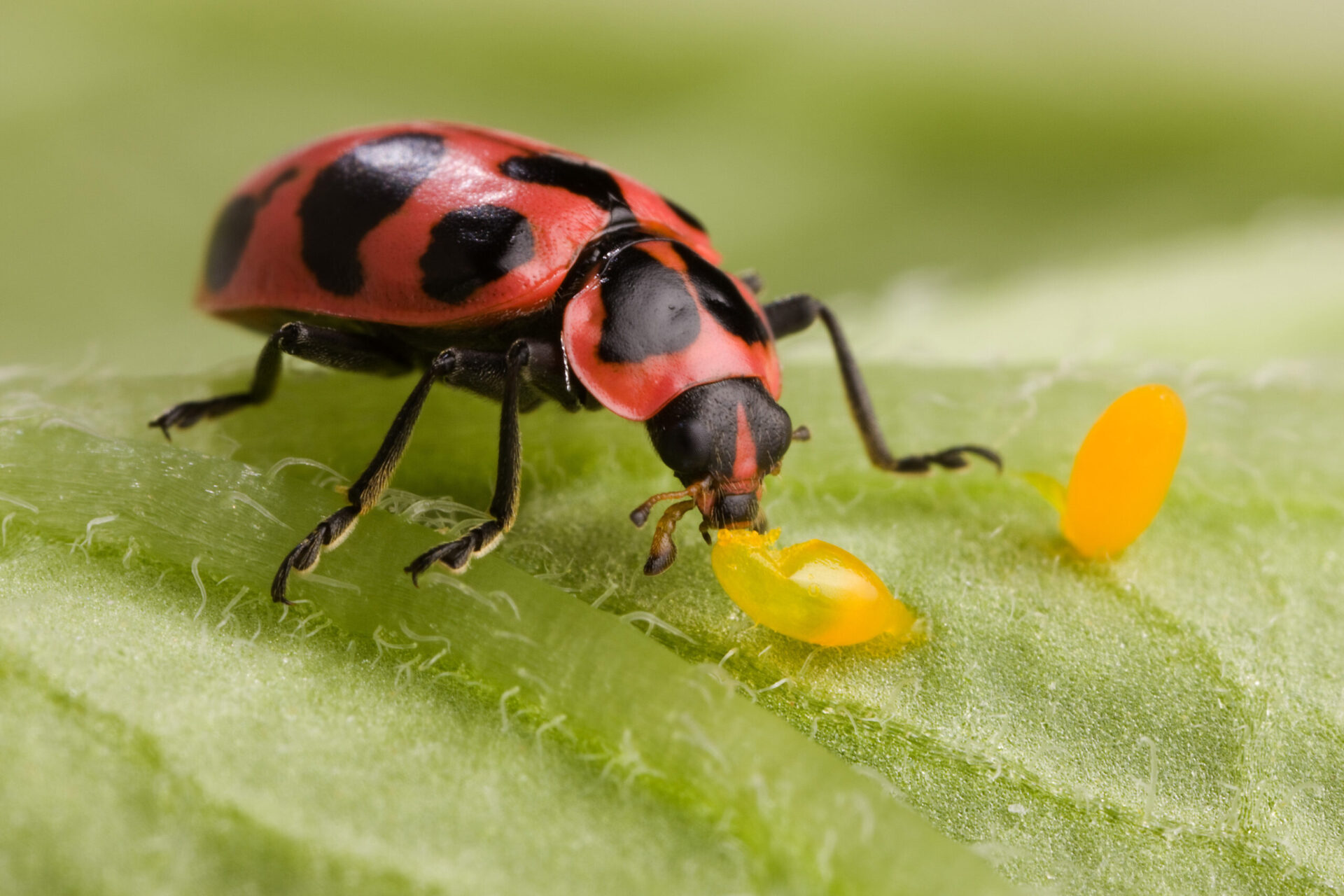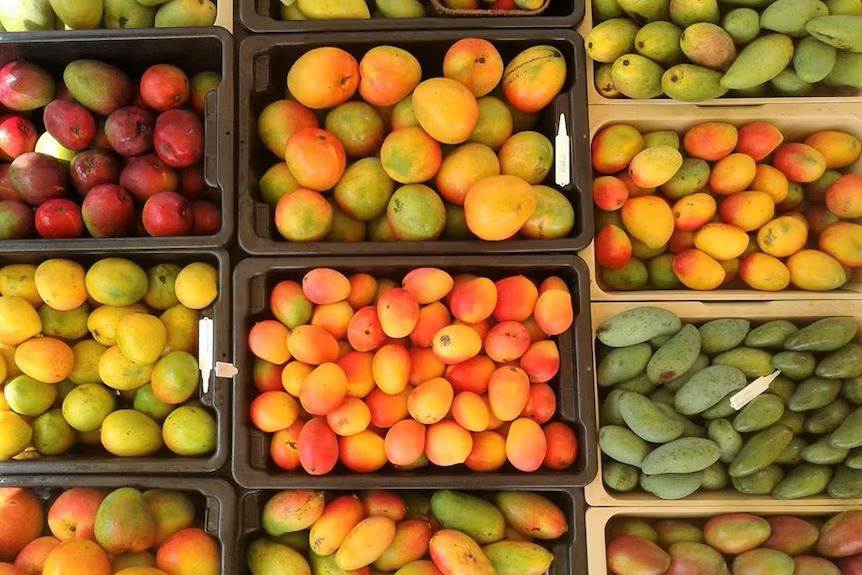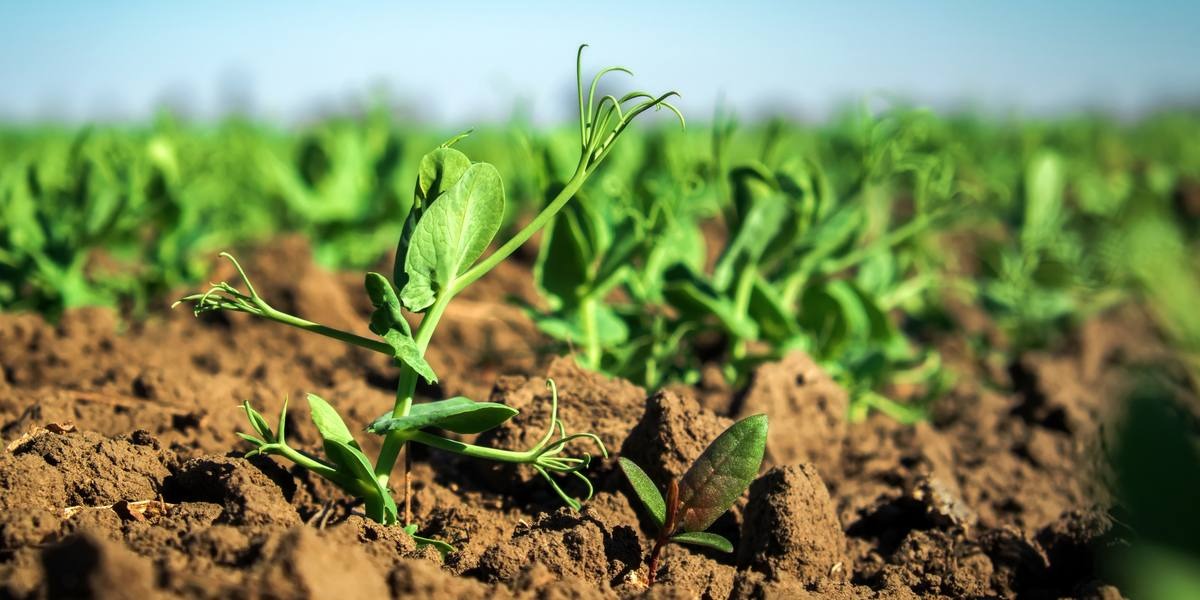
Celebrating World Environment Day: A Call to Action for a Sustainable Future
About World Environment Day World Environment Day, celebrated annually on June 5th. Established by the United Nations in 1974, this significant day serves as a

About World Environment Day World Environment Day, celebrated annually on June 5th. Established by the United Nations in 1974, this significant day serves as a

Every year on May 22nd, the world celebrates International Day for Biological Diversity, commonly known as Biodiversity Day. This day serves as a poignant reminder

Honey Bees in Organic Farming Have you ever wondered why honey bees are so important? These little buzzing insects are like superheroes in the world

As we approach Mother’s Day, a day dedicated to celebrating the incredible women who have nurtured us throughout our lives, it’s also an opportune moment

Understanding the Miyawaki Method The Miyawaki Method is a technique for afforestation and reforestation developed by Japanese botanist Akira Miyawaki. This method involves planting native

Introduction:- Every year on April 22, Green Earth Day, also known as Earth Day, is celebrated to bring attention to environmental problems and encourage action

Introduction:- Biopesticides are living organisms that can be utilized in organic farming to control pests, weeds, and nematodes. They can be used in place of

Introduction: Mango also known as the “King of Fruits” holds a special place in the hearts of the people across the world. Mango is scientifically

In the dynamic realm of agriculture, where sustainability is not just a buzzword but a necessity, the concept of green manures crops has emerged as

Introduction:- The farming environment has been changing significantly. The farmers and consumers together are looking to regenerative agriculture as a solution because of the growing








Organic farming is a method of growing crops that emphasizes the use of natural techniques to enhance the health and productivity of the land.
With our best organic farming techniques, Organic farmers use practices such as crop rotation, composting, and biological pest control to maintain soil fertility and control pests and diseases, instead of relying on synthetic fertilizers and pesticides. We also provide practical training on organic farming.